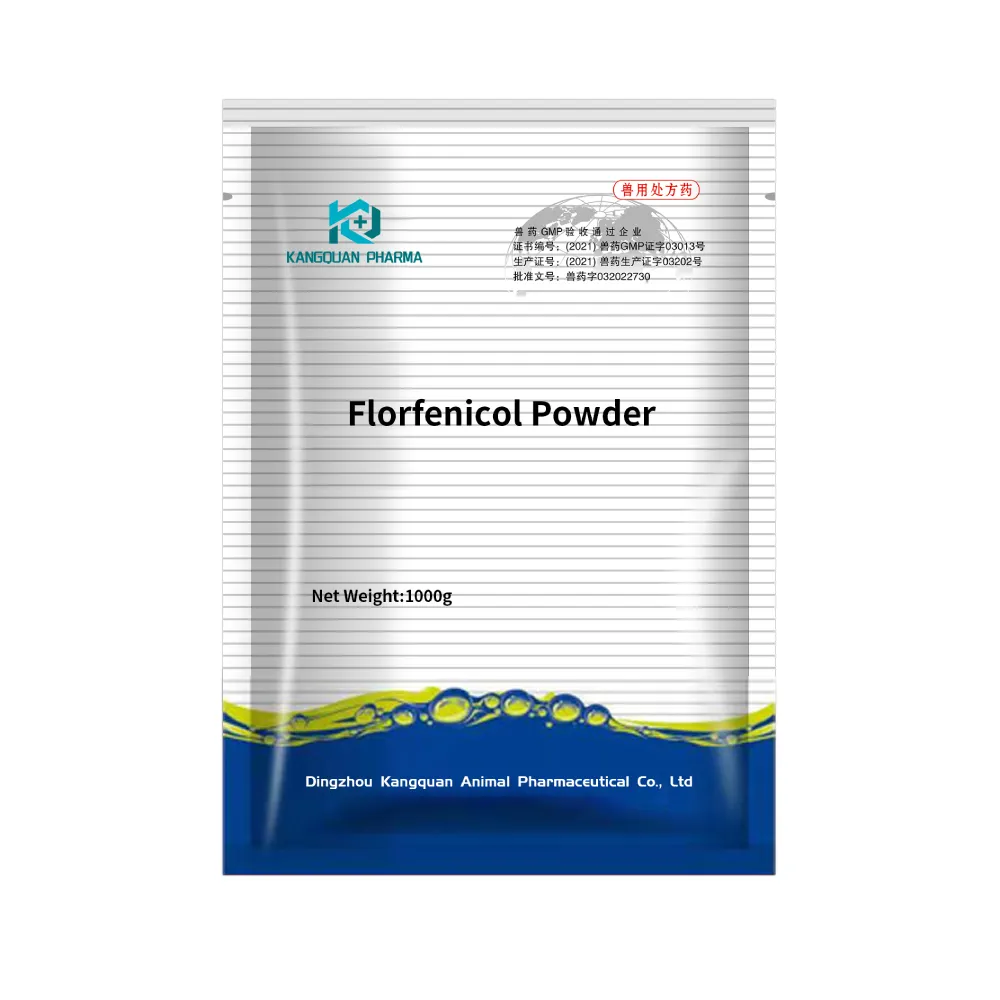- Afrikaans
- Albanian
- Amharic
- Arabic
- Armenian
- Azerbaijani
- Basque
- Belarusian
- Bengali
- Bosnian
- Bulgarian
- Catalan
- Cebuano
- Corsican
- Croatian
- Czech
- Danish
- Dutch
- English
- Esperanto
- Estonian
- Finnish
- French
- Frisian
- Galician
- Georgian
- German
- Greek
- Gujarati
- Haitian Creole
- hausa
- hawaiian
- Hebrew
- Hindi
- Miao
- Hungarian
- Icelandic
- igbo
- Indonesian
- irish
- Italian
- Japanese
- Javanese
- Kannada
- kazakh
- Khmer
- Rwandese
- Korean
- Kurdish
- Kyrgyz
- Lao
- Latin
- Latvian
- Lithuanian
- Luxembourgish
- Macedonian
- Malgashi
- Malay
- Malayalam
- Maltese
- Maori
- Marathi
- Mongolian
- Myanmar
- Nepali
- Norwegian
- Norwegian
- Occitan
- Pashto
- Persian
- Polish
- Portuguese
- Punjabi
- Romanian
- Russian
- Samoan
- Scottish Gaelic
- Serbian
- Sesotho
- Shona
- Sindhi
- Sinhala
- Slovak
- Slovenian
- Somali
- Spanish
- Sundanese
- Swahili
- Swedish
- Tagalog
- Tajik
- Tamil
- Tatar
- Telugu
- Thai
- Turkish
- Turkmen
- Ukrainian
- Urdu
- Uighur
- Uzbek
- Vietnamese
- Welsh
- Bantu
- Yiddish
- Yoruba
- Zulu
8 月 . 14, 2024 02:01 Back to list
Oxytetracycline Hydrochloride Injection for Veterinary Use in Animal Healthcare and Treatment Solutions
Oxytetracycline Hydrochloride Injection IP Vet An Overview
Oxytetracycline hydrochloride is a broad-spectrum antibiotic belonging to the tetracycline class of antibiotics and is widely used in veterinary medicine. This medication is particularly effective against a variety of Gram-positive and Gram-negative bacteria, as well as some protozoa. Due to its efficacy and versatility, oxytetracycline hydrochloride injection has become a staple in the treatment of bacterial infections in animals, making it an essential tool for veterinarians worldwide.
Mechanism of Action
Oxytetracycline works by inhibiting protein synthesis in bacteria, effectively halting their growth and reproduction. It achieves this by binding to the 30S ribosomal subunit, preventing the attachment of aminoacyl-tRNA to the ribosomal acceptor site. This inhibition of protein synthesis is critical, as proteins are essential for the survival and proliferation of bacteria.
Indications for Use
The indications for oxytetracycline hydrochloride injection are numerous. It is commonly employed in the treatment of infections such as pneumonia, mastitis, and various skin infections in livestock and companion animals. Additionally, it plays a vital role in managing conditions caused by susceptible organisms, including those leading to respiratory issues, urinary tract infections, and leptospirosis.
Administration and Dosage
oxytetracycline hydrochloride injection ip vet

Oxytetracycline hydrochloride is typically administered via injection, which allows for rapid absorption and distribution throughout the body. The dosage and frequency of administration depend on the species being treated, the severity of the infection, and the response to therapy. Veterinarians often tailor the dosage based on clinical judgment, taking into account the specific needs of the animal and its health status.
Safety and Side Effects
While oxytetracycline is generally considered safe when used according to veterinary guidelines, there are potential side effects, particularly with prolonged use. Common side effects can include gastrointestinal disturbances, such as nausea or diarrhea. In some cases, more serious side effects may occur, such as photosensitivity or allergic reactions. Due to concerns over the impact of antibiotic use in agriculture, veterinarians are encouraged to use oxytetracycline judiciously to minimize the development of antibiotic-resistant bacteria.
Regulatory Considerations
As with all veterinary medications, the use of oxytetracycline hydrochloride is subject to regulation. In many countries, including the United States and those within the European Union, strict guidelines dictate how and when this antibiotic can be used in food-producing animals. This regulatory oversight is crucial for ensuring the safety of food products and for protecting both animal and human health.
Conclusion
In summary, oxytetracycline hydrochloride injection is a valuable antibiotic in veterinary medicine, effective against a wide range of bacterial infections. Its ability to inhibit protein synthesis makes it a powerful tool in the fight against various pathogens. However, careful consideration is needed regarding its use to prevent antibiotic resistance and ensure animal safety. As veterinary practices continue to evolve, oxytetracycline remains an important part of the arsenal available to veterinarians for managing infections in animals, contributing to the overall health and welfare of livestock and pets alike.
-
The Power of Radix Isatidis Extract for Your Health and Wellness
NewsOct.29,2024
-
Neomycin Sulfate Soluble Powder: A Versatile Solution for Pet Health
NewsOct.29,2024
-
Lincomycin Hydrochloride Soluble Powder – The Essential Solution
NewsOct.29,2024
-
Garamycin Gentamicin Sulfate for Effective Infection Control
NewsOct.29,2024
-
Doxycycline Hyclate Soluble Powder: Your Antibiotic Needs
NewsOct.29,2024
-
Tilmicosin Premix: The Ultimate Solution for Poultry Health
NewsOct.29,2024













